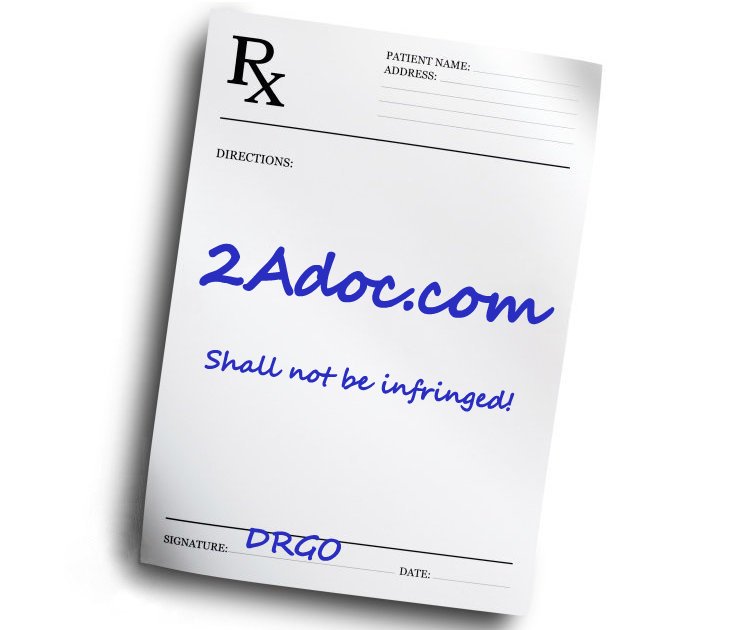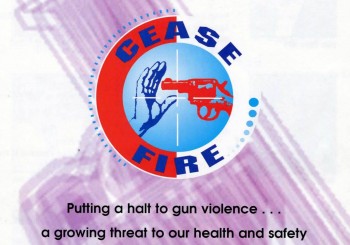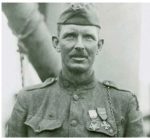
Gaslighting


Patients want to trust their provider to not make mistakes and to not lie to them. Unfortunately, when it comes to guns, medical organizations have not been living up to that expectation. Medical associations have been insinuating an anti-gun political agenda into the patient-doctor relationship for decades. Patients are routinely being asked about gun ownership. Worse, many physicians commit boundary violations by pressing anti-gun messages on patients. Frankly, medicine has an institutional bias against guns. To counter this, DRGO has launched 2Adoc.com, a referral service that will connect patients with healthcare providers wh...
Read More
Doctors for Responsible Gun Ownership (DRGO) is releasing a white paper, prepared by highly credentialed subject matter medical experts, that provides supporting information for the proposed Hearing Protection Act of 2017 (H.R. 367 and its companion bill S.59)...
Read More
It was mainly in the 20th century that the United States saw an insidious but steady erosion of Second Amendment rights. When not undermined by bad jurisprudence, these Constitutionally-protected individual rights were assailed under the false banner of pub...
Read More
Have you had the experience of going to your doctor for a particular problem, let’s say headaches, and been surprised by the doctor asking you about a completely unrelated subject—whether you have a gun in your home? It’s no accident that doctors’ or health...
Read More






